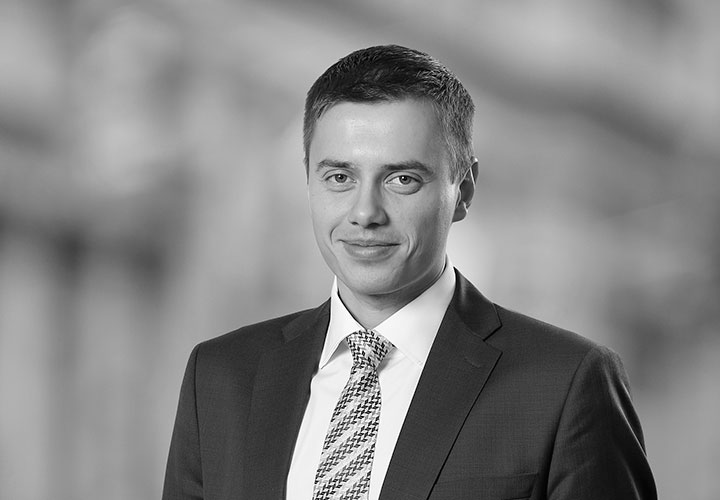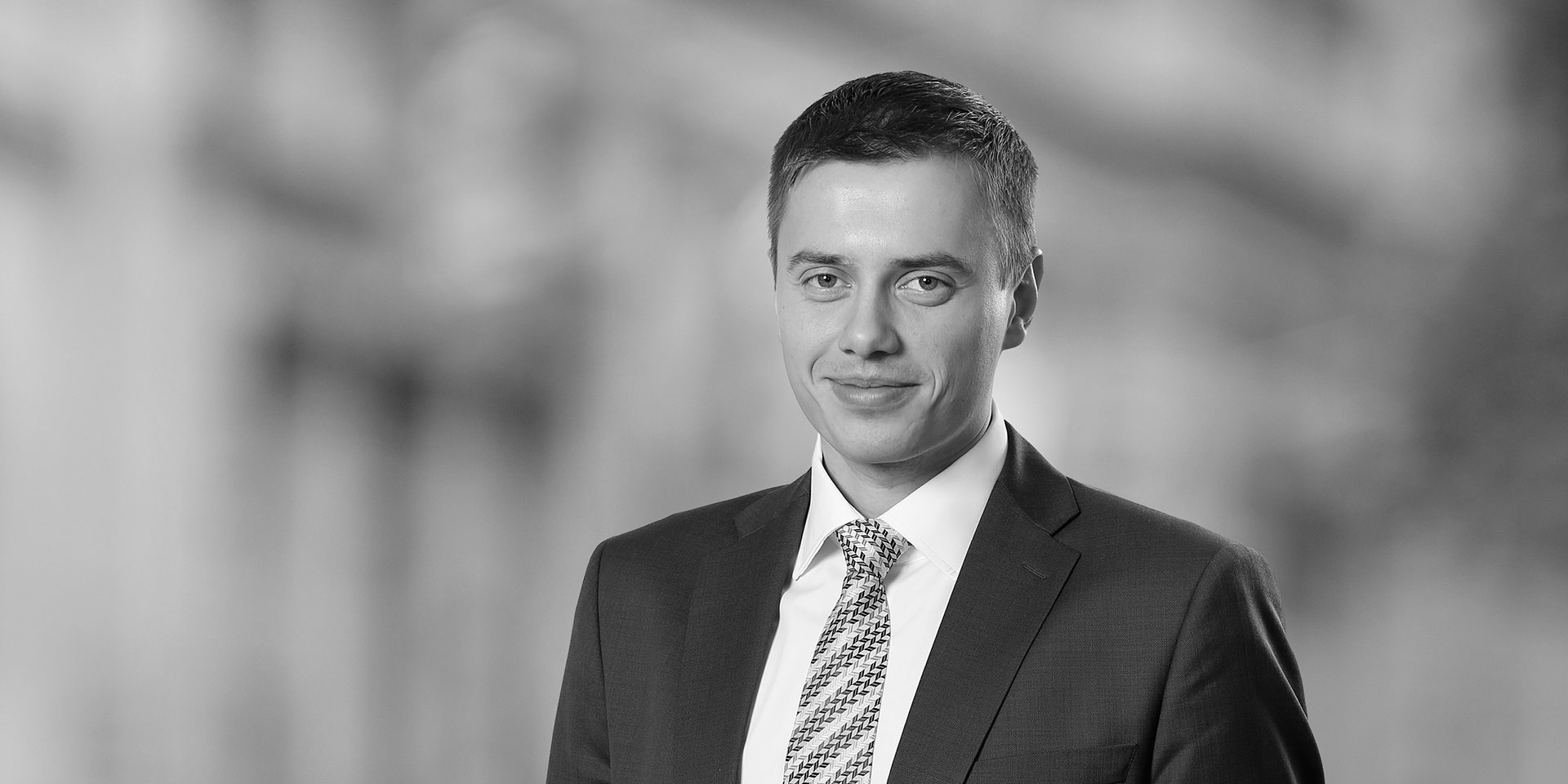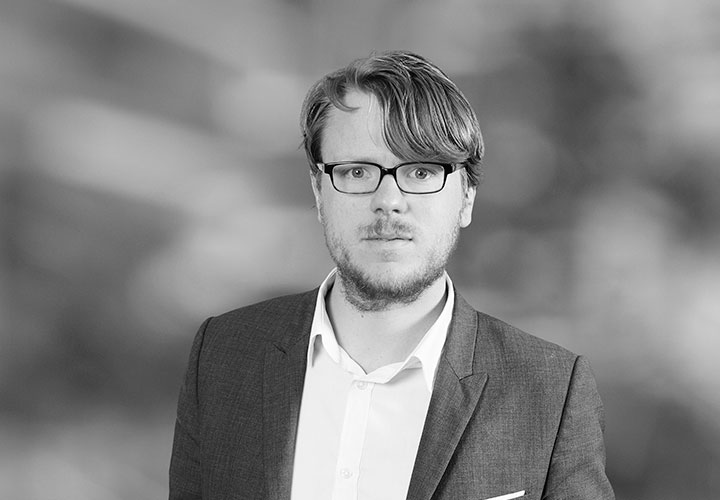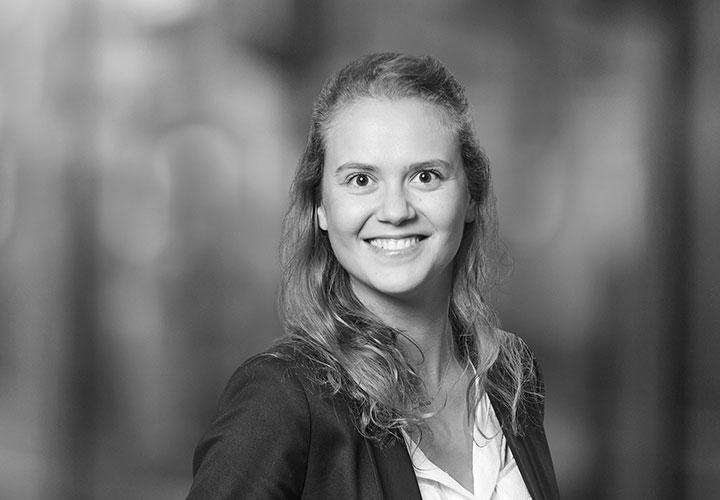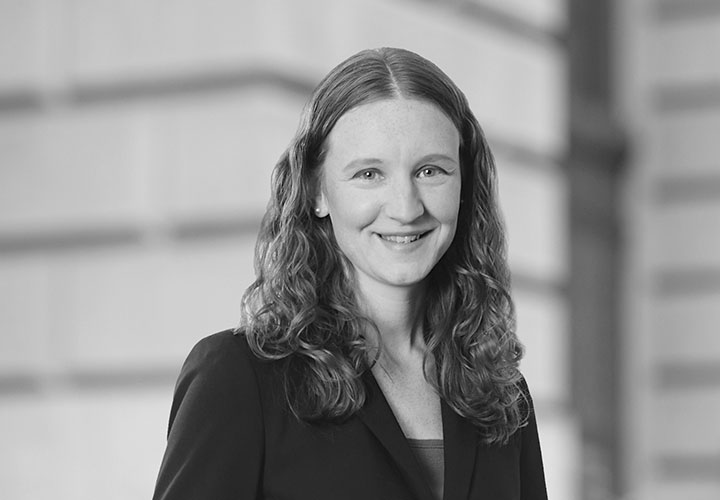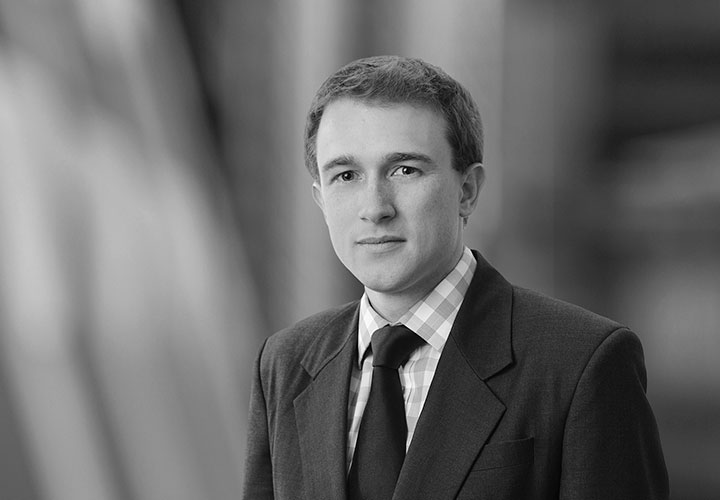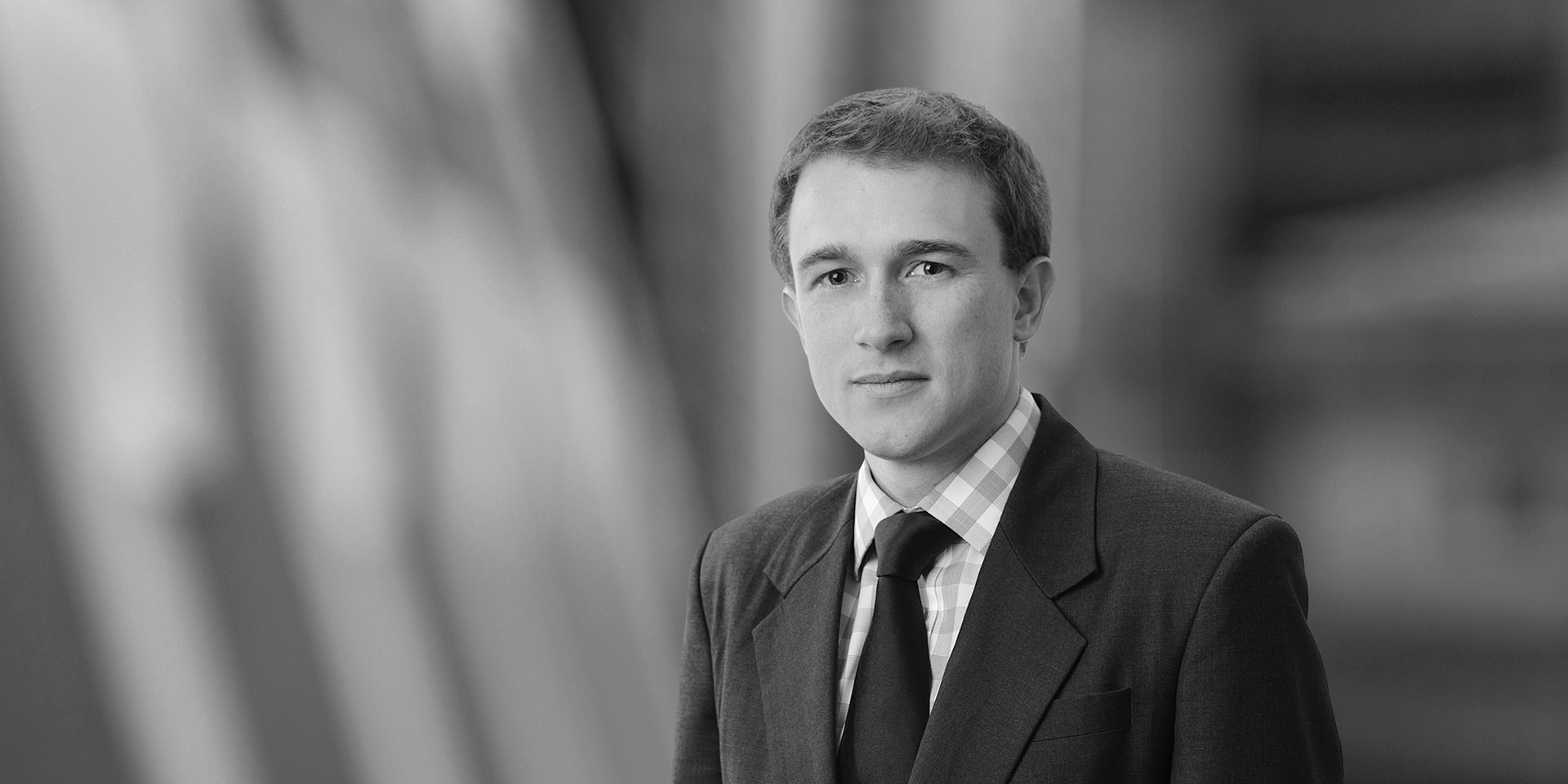Global law firm White & Case LLP announced today the promotion of 16 of its lawyers to counsel and nine to local partner
"Spanning 17 offices and nine practices, these promotions reflect the truly global and diverse nature of our business," said White & Case Chairman Hugh Verrier. "While the focus of our strategy is on growth in the US and London, our capabilities around the world enable us to serve our clients in their most complex, cross border legal challenges, wherever they are."
In addition to the internal promotions the Firm has hired 14 counsel and 12 local partners during 2015.
At White & Case, counsel is a role for senior lawyers with significant experience in a particular practice area. The title is used across the Firm, in all offices, as an alternative career path to partnership but does not preclude consideration for promotion to partner.
The position of local partner is offered in select White & Case regions and locations where it is common market practice. At present this includes offices in Asia, Central and Eastern Europe, Germany, Belgium, Turkey, Saudi Arabia and Mexico. The title of local partner is given to senior lawyers of exceptional ability and is a recognized career step towards admission into Firm partnership.
The promotions are effective January 1, 2016 except where noted.
AMERICAS
Anna Andreeva has been named counsel in our Global Project Finance Practice. Based in Miami, she advises on bank and project finance, equipment leasing and finance transactions, as well as general corporate work.
Heather Borthwick has been named counsel in our Global Banking Practice. Based in New York, she advises financial institutions, private equity sponsors and corporate borrowers on a wide range of leveraged, corporate finance and M&A transactions.
Binoy Dharia has been named counsel in our Global Banking Practice. Based in New York, he advises financial institutions, private equity sponsors and corporate borrowers on a wide range of leveraged, corporate finance and M&A transactions.
Brody Greenwald has been named counsel in our Global International Arbitration Practice. Based in Washington, DC, he advises companies and sovereign states on cross-border disputes concerning foreign investment in a wide range of industries.
Seth Kerschner has been named counsel in our Global Mergers & Acquisitions Practice. Based in New York, he advises on environmental law, including corporate transactions, regulatory compliance and climate change issues. Seth represents a broad range of domestic and international clients from the public and private sectors.
John Kim has been named counsel in our Global Mergers & Acquisitions Practice. Based in New York, he advises on M&A, private equity and general corporate matters representing corporate clients, private equity funds and commercial banks.
Wendi Schepler has been named counsel in our Global Intellectual Property Practice. Based in Silicon Valley, she advises on technology litigation and patent prosecution, including strategic patent counseling and preparing patent-related legal opinions.
EUROPE, MIDDLE EAST AND AFRICA
Derin Altan has been named local partner in our Global Mergers & Acquisitions Practice, effective August 1, 2015. Based in Istanbul, he advises on both equity and debt capital markets transactions, including public offerings, private securities issues as well as public mergers and acquisitions.
Piotr Bytnerowicz has been named counsel in our Global International Arbitration Practice, effective October 1, 2015. Based in Warsaw, he advises on construction and real estate related commercial disputes before state and arbitration courts.
Ladislav Chundela has been named a local partner in our Global Mergers & Acquisitions Practice. Based in Prague, he advises on corporate law, M&A, real estate and construction matters, litigation, arbitration and foreign investments.
Pavel Cížek has been named a local partner in our Global Project Finance Practice. Based in Prague, he advises on construction and energy law and public procurement.
Amanda Cowell has been named counsel in our Global Commercial Litigation Practice, effective October 22, 2015. Based in London, she advises on domestic and international commercial litigation and arbitration, primarily working with corporate and banking clients.
Dmitry Donov has been named counsel in our Global Mergers & Acquisitions Practice. Based in Moscow, he advises on M&A transactions and joint ventures, representing clients in banking, transportation and natural resources industries on domestic and cross-border transactions in Russia.
Daniel Eckstein has been named a local partner in our Global Commercial Litigation Practice, effective July 1, 2015. Based in Berlin, he advises on conducting civil litigation proceedings and alternative dispute resolution procedures, representing national and international companies and financial institutions.
Petr Hudec has been named a local partner in our Global Banking Practice. Based in Prague, he advises on financing and capital markets transactions, representing lenders, underwriters, corporate borrowers and issuers.
Luka Kristovic Blazevic has been named counsel in our Global International Arbitration Practice, effective May 1, 2015. Based in Doha, he advises on international commercial arbitration and specifically complex construction disputes, representing a broad range of clients.
Sara Nordin has been named counsel in our Global Trade Practice. Based in Geneva, she advises on export controls and sanctions, advising trade associations, multinational institutions and corporations on matters relating to relevant EU law and policy and Member State enforcement for trade restrictions.
Emre Ozsar has been named local partner in our Global Mergers & Acquisitions Practice, effective August 1, 2015. Based in Istanbul, he advises on M&A, private equity transactions and joint ventures, representing clients in various sectors in domestic and cross-border transactions in Turkey.
Jean-Lou Salha has been named counsel in our Global White Collar Practice. Based in Paris, he advises on criminal and regulatory investigations, advising clients on compliance with anti-money laundering, anti-tax fraud and anti-bribery regulations and practices.
Bartosz Smardzewski has been named counsel in our Global Capital Markets Practice. Based in Warsaw, he advises on corporate and capital markets transactions, including acquisitions of shares and enterprises, mergers, privatization schemes, public offerings and bond issues.
Christian Theissen has been named a local partner in our Global Commercial Litigation Practice, effective July 1, 2015. Based in Frankfurt, he advises on technology-based industries, including the automotive industry, and encompasses contract advice and negotiations as well as international arbitration and litigation.
ASIA
Jane Huston has been named counsel in our Global Banking Practice. Based in Singapore, she advises on banking, structured finance and restructuring transactions throughout Asia.
Karl Pires has been named a local partner in our Global Mergers & Acquisitions Practice. Based in Tokyo, he advises on a broad range of corporate and commercial matters, with an emphasis on cross-border M&A, joint ventures and reorganizations.
Chiho Saito has been named counsel in our Global Mergers & Acquisitions Practice. Based in Tokyo, she advises on all aspects of real property in Japan, including real estate finance.
Lucy Xu has been named a local partner in our Global Mergers & Acquisitions Practice. Based in Shanghai, she advises on cross border M&A, divestitures and private equity transactions, representing multinational corporates and venture capital and private equity funds investing and doing business transactions in China.
During 2015, 14 counsel and 12 local partners have joined the Firm.
AMERICAS
Luiz Aboim, Counsel, Global Commercial Litigation Practice, London
Calvin Cheng, Counsel, Global Mergers & Acquisition Practice, Silicon Valley
Jared Danilson, Counsel, Global Mergers & Acquisition Practice, New York
Jeff Ii, Counsel, Global Mergers & Acquisition Practice, Silicon Valley
Helen Lee, Counsel, Global Banking Practice, Washington, DC
Elisa Evangelina Marquez Romero, Counsel, Global Commercial Litigation Practice, Mexico City
Michele Meises, Counsel, Global Financial Restructuring & Insolvency Practice, New York
Karalyn Mildorf, Counsel, Global Trade Practice, Washington, DC
Victoria Rosamond, Counsel, Global Mergers & Acquisition Practice, New York
Robert Wann, Counsel, Global Banking Practice, New York
EMEA
Kabelo Dlothi, Local Partner, Global Mergers & Acquisition Practice, Johannesburg
Leonardo Graffi, Local Partner, Global Mergers & Acquisition Practice, Milan
Jiri Herczeg, Counsel, Global Commercial Litigation Practice, Prague
Guido Hermeier, Local Partner, Global Mergers & Acquisition Practice, Düsseldorf
Scott Maesch, Counsel, Global Financial Restructuring & Insolvency Practice, Düsseldorf
Alexandre Mazuranic, Counsel, Global International Arbitration Practice, Geneva
Claudio Medeossi, Counsel, Global Capital Markets Practice, Dubai
Jana Michaelis, Local Partner, Global Mergers & Acquisition Practice, Düsseldorf
Hendrik Roehricht, Local Partner, Global Mergers & Acquisition Practice, Frankfurt
Kristin Spiekermann, Local Partner, Global Mergers & Acquisition Practice, Düsseldorf
Christina Will, Local Partner, Global Mergers & Acquisition Practice, Düsseldorf
Kirill Zenin, Local Partner, Global Mergers & Acquisition Practice, Astana
Florian Ziegler, Local Partner, Global Banking Practice, Frankfurt
ASIA
Jonathan Bowden, Local Partner, Global Mergers & Acquisition Practice, Singapore
Prady Mysoor, Local Partner, Global Mergers & Acquisition Practice, Hong Kong
Jessica Zhou, Local Partner, Global Capital Markets Practice, Hong Kong
Press Contact
For more information please speak to your local media contact.






